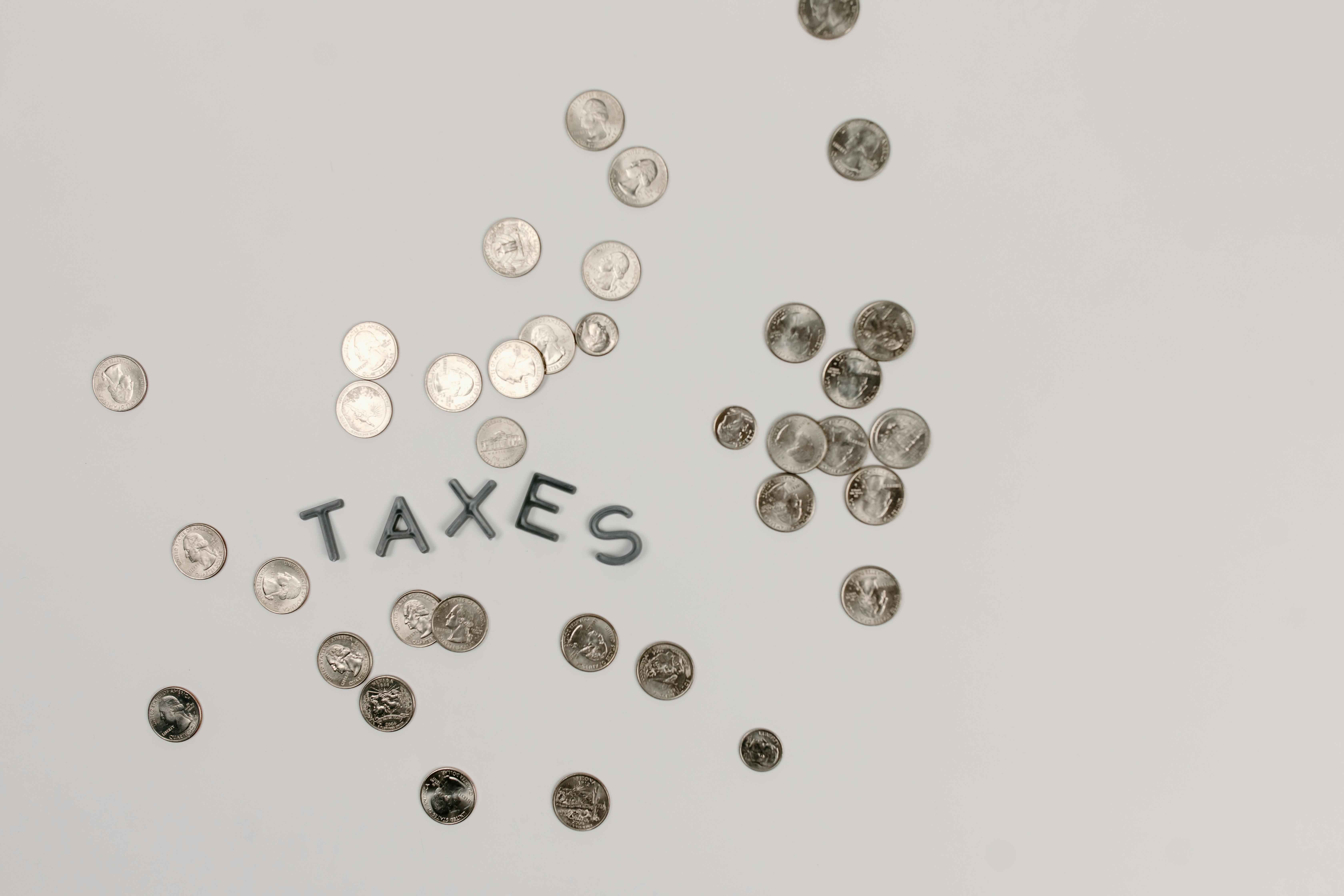Introduction
As cryptocurrency adoption grows globally, tax authorities are intensifying efforts to track digital asset transactions. In the United States, the Internal Revenue Service (IRS) monitors crypto activity, while in Canada, the Canada Revenue Agency (CRA) actively enforces compliance. Understanding the methods these agencies use to track transactions, as well as the reporting obligations for individuals and businesses, is essential for avoiding penalties and maintaining compliance.
1. How Authorities Monitor Blockchain Activity
The IRS and CRA use a combination of data collection, blockchain analytics, and reporting requirements to monitor cryptocurrency transactions. Exchanges are required to report certain transactions and user information, and regulators use sophisticated analytics tools to trace funds on public blockchains. This allows authorities to identify taxable events, cross-reference reported income, and detect discrepancies between filings and actual activity. Even decentralized platforms and peer-to-peer transfers are increasingly scrutinized through patterns, wallet identifiers, and transaction history.
2. Reporting Requirements for Users
Both the IRS and CRA require taxpayers to report all crypto-related income, including gains from trading, staking rewards, mining income, and proceeds from NFT sales. Accurate record-keeping of each transaction is essential, including dates, asset types, amounts, and fair market value in local currency. Failing to report crypto income or underreporting gains can result in penalties, interest, and potential audits. Understanding reporting thresholds and forms, such as Form 8949 in the U.S., ensures that taxpayers meet all obligations.
3. Exchange Cooperation and Data Sharing
Government agencies rely heavily on cooperation from cryptocurrency exchanges. Many major exchanges submit regular reports containing transaction volumes, user identities, and capital gains information. Cross-border data sharing agreements also allow regulators to obtain information from foreign exchanges. This means that even users transacting internationally are not exempt from oversight. Compliance with KYC (Know Your Customer) and AML (Anti-Money Laundering) regulations further enables authorities to link wallet addresses to individual taxpayers.
4. Advanced Blockchain Analytics
The IRS and CRA leverage advanced blockchain analytics to trace transactions across multiple wallets, exchanges, and chains. These tools can detect patterns associated with high-volume trading, DeFi activity, and cross-chain swaps. Even when users attempt to obfuscate transactions through mixers or privacy coins, sophisticated analytics can often reveal connections. Understanding that authorities have these capabilities emphasizes the importance of meticulous record-keeping and transparent reporting.
5. Strategies to Maintain Compliance
To stay compliant, crypto investors and businesses should maintain accurate, centralized records of all transactions, including transfers between wallets and exchanges. Using specialized accounting software simplifies reconciliation, ensures proper cost basis calculation, and generates reports compatible with IRS and CRA guidelines. Consulting with a crypto tax professional is advisable, especially for high-volume traders, NFT investors, or those with international holdings, as it provides guidance on reporting and audit readiness.
6. Implications for Audits and Enforcement
Both the IRS and CRA have increased audits of crypto activity in recent years. Failure to report or inaccurately reporting crypto transactions can trigger audit investigations and penalties. Platforms and individuals who proactively maintain detailed transaction histories, utilize professional accounting assistance, and follow compliance best practices are better positioned to defend their filings and minimize risk.
7. Future Trends in Regulatory Tracking
Regulators continue to evolve their tools and reporting requirements as cryptocurrency adoption grows. Future measures may include stricter reporting for DeFi and cross-border transactions, integration of real-time blockchain monitoring, and standardized international frameworks for data sharing. Staying informed about regulatory changes will help taxpayers remain compliant and adapt quickly to evolving rules.
Conclusion
The IRS and CRA are employing advanced technology, exchange reporting, and cross-border cooperation to track cryptocurrency transactions. Accurate record-keeping, proper reporting, and proactive compliance are essential to avoid penalties and audits.
Block3 Finance provides expert guidance for navigating IRS and Crypto CRA Tax reporting requirements, helping investors and businesses maintain compliance, track transactions accurately, and prepare for evolving regulatory landscapes.
If you have any questions or require further assistance, our team at Block3 Finance can help you.
Please contact us by email at inquiry@block3finance.com or by phone at 1-877-804-1888 to schedule a FREE initial consultation appointment.
You may also visit our website (www.block3finance.com) to learn more about the range of crypto services we offer to startups, DAOs, and established businesses.
